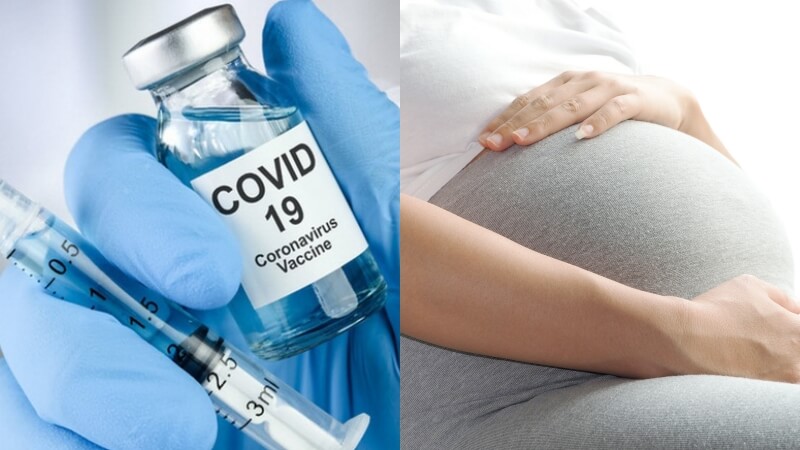There are many concerns and questions surrounding the Covid-19 vaccine and its potential impact on fertility and pregnancy planning. So, how long should one wait after receiving the Covid-19 vaccine before trying to conceive? Let’s find out!
1 How long after Covid-19 vaccination can I try to conceive?
According to Vietnam’s Ministry of Health, over 1.5 million doses of the Covid-19 vaccine have been administered to priority groups. Of these, nearly 56,000 children have received two doses, including many of reproductive age. There is no evidence to suggest that any vaccine, including the Covid-19 vaccine, can cause fertility issues or impact the ability to conceive for both men and women.
Dr. Vo Ha Bang Suong, from the Department of Examination and Internal Medicine at Vinmec Phu Quoc International General Hospital, stated that there is a lack of research and data on the impact of this vaccine on pregnant women. Therefore, doctors are unable to provide a scientifically thorough answer to this question at this time.
The Covid-19 vaccine is an inactivated vaccine, and it is recommended to wait for at least 3 months after receiving this vaccine before trying to conceive. This is similar to the advice given for other inactivated vaccines, and it also allows the body to develop antibodies against the virus, ensuring a very low risk of infection during pregnancy.
Additionally, Dr. Tran Nguyen Phuong An from the Obstetrics and Gynecology Center at Tam Anh General Hospital in Ho Chi Minh City, provided a list of vaccines that can be administered before pregnancy to ensure a healthy pregnancy:
- Influenza vaccine: Get vaccinated one month before trying to conceive.
- Measles, Mumps, and Rubella (MMR) vaccine: Get vaccinated three months before trying to conceive.
- Varicella (chickenpox) vaccine: Get vaccinated three months before trying to conceive.
- Hepatitis B vaccine: Get the first dose seven months before trying to conceive, the second dose one month after the first, and the third dose six months after the first.
- Covid-19 vaccine: Get vaccinated one month before trying to conceive.
It is important to consult with a healthcare provider to assess your current health status and create a specific vaccination plan before trying to conceive.
For further reference:
 It is recommended to get a reproductive health check-up before trying to conceive after receiving the Covid-19 vaccine.
It is recommended to get a reproductive health check-up before trying to conceive after receiving the Covid-19 vaccine.
2 Does the Covid-19 vaccine affect the baby or breast milk?
Many women are concerned about the potential impact of the Covid-19 vaccine on their unborn babies and the quality of their breast milk.
According to the CDC, based on the understanding of how vaccines work in the body, the Covid-19 vaccine is not believed to cause any risk to lactating individuals or their breastfeeding babies. Recent reports have shown that breastfeeding individuals who have received the Covid-19 vaccine have antibodies in their breast milk, which can help protect their infants.
The Covid-19 vaccine is safe and does not cause harm to children. Therefore, breastfeeding women can receive the currently available Covid-19 vaccines.
Note: Pregnant women are at an increased risk of severe illness from Covid-19 compared to non-pregnant individuals. Therefore, getting vaccinated during pregnancy is recommended and should be done under the guidance of a healthcare provider.
































